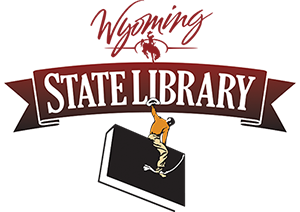 From the American Library Association
From the American Library Association
Imagine that you are working at the reference desk when a patron comes to you with a question. They cite a “fact” that has been widely debunked, mentioning an article from a publication that you know to be untrustworthy. What can you, as a library worker, do to educate and inform them?
In response to the need for media literacy education, the American Library Association (ALA) has released a free digital guide and related webinar series to help library workers plan for moments like these.
The guide
“Media Literacy in the Library: A Guide for Library Practitioners” contains information, program ideas and conversation starters on topics like misinformation and disinformation; architecture of the internet; civics; media landscape and economics; and media creation and engagement. The 30-page guide also explores ways to “meet patrons where they are” by integrating media literacy into reference interactions and existing programs.
In the guide, library workers may explore:
- Concepts such as filter bubbles, confirmation bias, and news deserts
- How to answer questions about false or misleading news items in reference interactions
- Virtual and in-person program ideas covering topics like fact checking, cookies, internet privacy, the Freedom of Information Act and local media
- Ideas for discussing the corporate media landscape through a reading of “The Hunger Games” trilogy by Suzanne Collins
- Tips and resources for measuring program outcomes
Training webinars
A series of one-hour webinars will explore these concepts from the guide. The webinars are free for all library workers, though space is limited. Register for the live sessions at the links below; all sessions will be recorded and available within 24 hours on ALA’s Programming Librarian website.
- Media Literacy for Adults: Meeting Patrons Where They Are: January 12, 2021, at 12 p.m. MST
- Media Literacy for Adults: Misinformation and Disinformation: February 10, 2021, at 12 p.m. MST
- Media Literacy for Adults: Architecture of the Internet: February 24, 2021, at 12 p.m. MST
- Media Literacy for Adults: Civics: March 10, 2021, at 12 p.m. MST
- Media Literacy for Adults: Media Landscape and Economics: April 7, 2021, at 12 p.m. MDT
- Media Literacy for Adults: Media Engagement and Creation: April 14, 2021, at 12 p.m. MDT
The materials were created for out-of-school adult audiences, who library workers will generally meet in a public library context. However, many of the approaches and best practices explored are appropriate for a classroom or other library setting.
